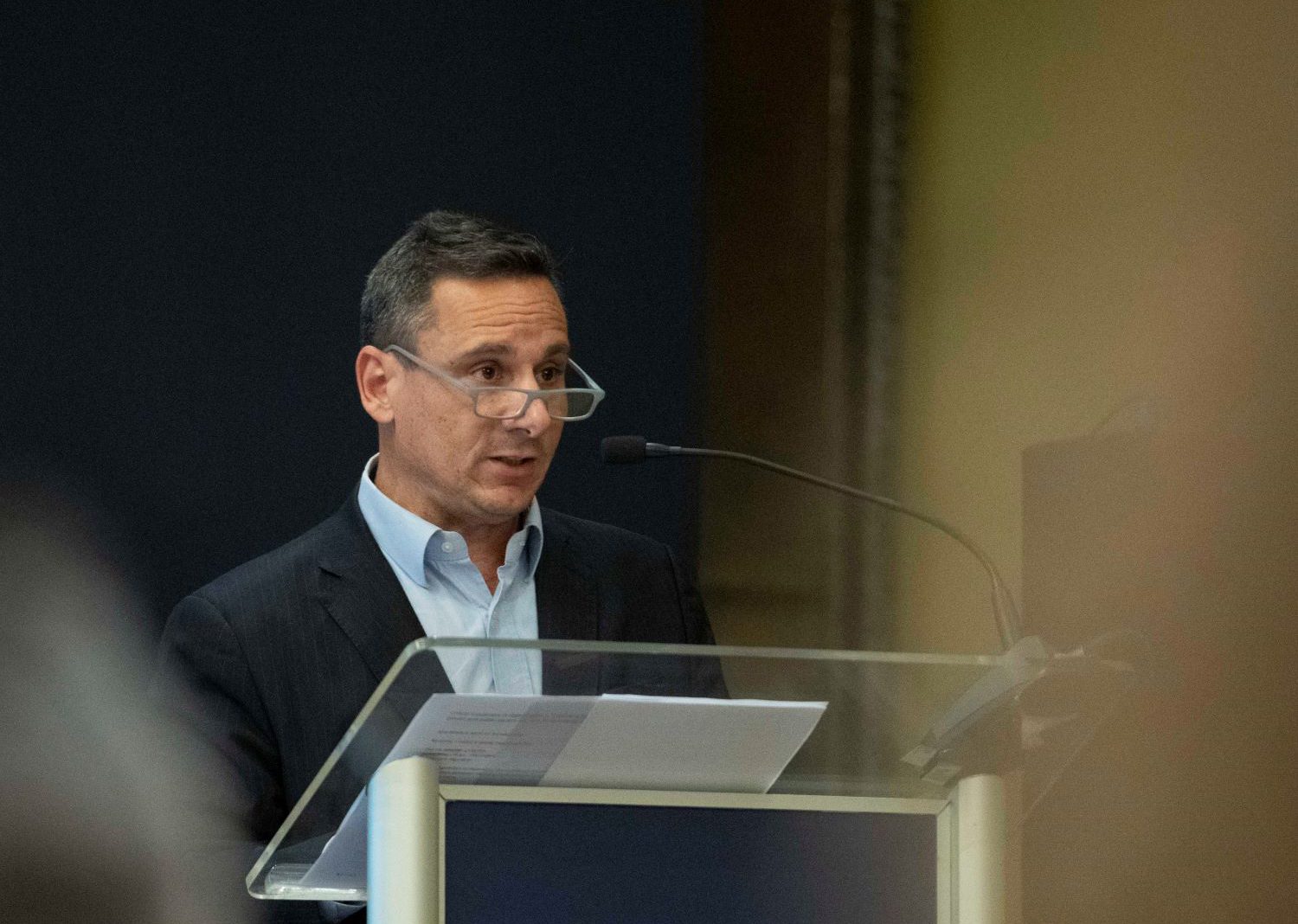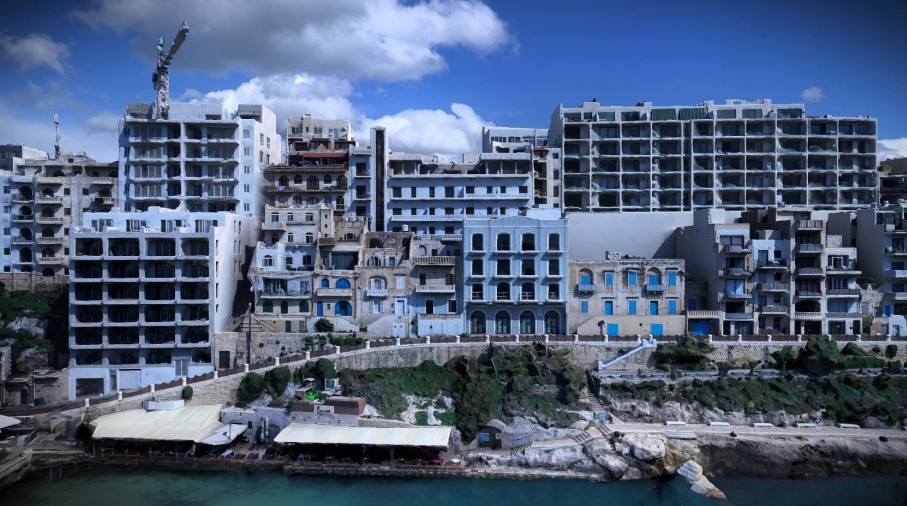Maltese businesses must be proactive and take “the right measures” to position themselves “ahead of the curve” in light of the economic realities taking shape in 2024 amidst signs of decreasing inflation, according to Nick Xuereb, deputy president of the Malta Chamber of Commerce, Enterprise and Industry.
He added that “since human capital will remain a persistent challenge in 2024, the overarching goal should be to steer our country towards emphasising quality over quantity.”
Mr Xuereb was sharing his insights and concerns at a conference organised by the Malta Chamber in collaboration with Bank of Valletta (BOV). Its aim was to explore recent and expected economic developments and trends, in the context of the baseline trajectory for the Maltese economy, and the upside and downside risks surrounding this outlook.
He added that, given that local businesses operate in a broader competitive landscape, Malta cannot afford to ignore external developments. Nonetheless, he remarked that critical investment in digitalisation is imperative for private and public sectors and should be actively encouraged.
Meanwhile, Malcolm Bray, senior manager at BOV commented that Malta’s economic growth remained strong in 2023, in contrast with sharp deceleration recorded abroad.
He noted that the current consensus suggests that over the next years, Malta’s economic momentum will continue to exceed that in the euro area.
This benign outlook, he added, reflects the transformation undertaken over the years, “which has made the economy more diversified and thus more resilient.”
“Geo-political tensions continue to create uncertainty, but this is compensated for by the fact that the low public dept ratio and the high bank liquidity made it possible to dampen the international energy and interest rate shocks which occurred post-pandemic,” he stated.

During a panel discussion on the resiliency of Malta’s economic landscape, The Malta Chamber CEO Marthese Portelli emphasised the effect of imported inflation which is manifesting in various facets within Malta’s economic landscape.
She said that the Malta Chamber has been vocal on several factors contributing to inflationary pressures including increased air freight and sea transport costs, reliance on imported raw materials, imported labour, and regulatory burdens from the European Commission.
“Additionally, deficiencies in water and energy infrastructure and traffic congestion exacerbate these pressures,” she remarked.
Dr Portelli highlighted the substantial growth opportunities in current sectors such as tourism and manufacturing, “which have shown remarkable resilience.”
Therefore, she believes that a key strategy for enhancing productivity in these sectors is to optimise efficiency by accomplishing more with fewer resources. “This approach not only fosters sustainable growth but also enhances competitiveness and overall economic performance.”
In his closing remarks, BOV CEO Kenneth Farrugia stated that the future strategic thrusts supporting the economic development need to be driven by the critical principle of sustainability within an overarching ESG context.
“We all need to play an active role in shaping the future of our economy, and constantly ask ourselves whether we are doing anything, or enough, in the process,” Mr Farrugia concluded.
Gozo business groups avoid direct comment on Portelli’s approved Xlendi ‘tower’
The development was approved yesterday
Cloudflare suffers second major outage in a month, knocking global platforms offline
The outage comes amid scheduled maintenance at Cloudflare’s Detroit data centre
New advisory group formed to address migrant labour challenges in Malta’s ride-hailing and delivery sectors
'Effective migration governance requires collective action'






